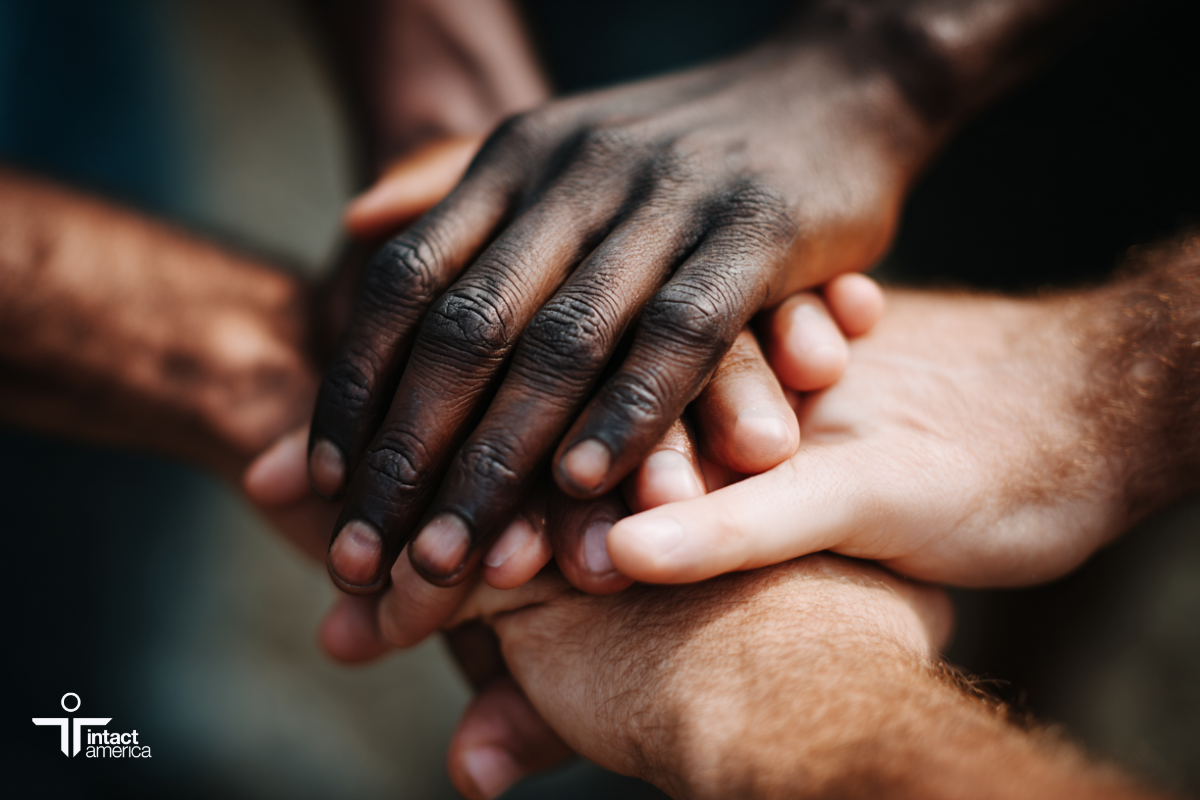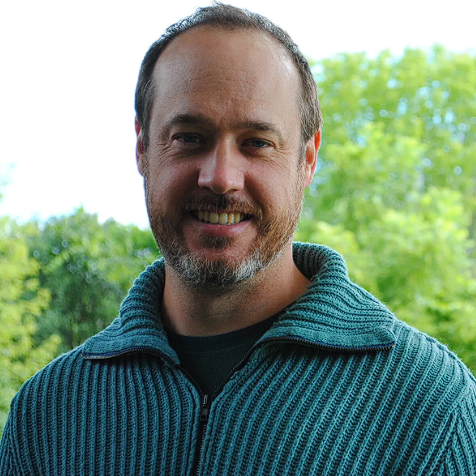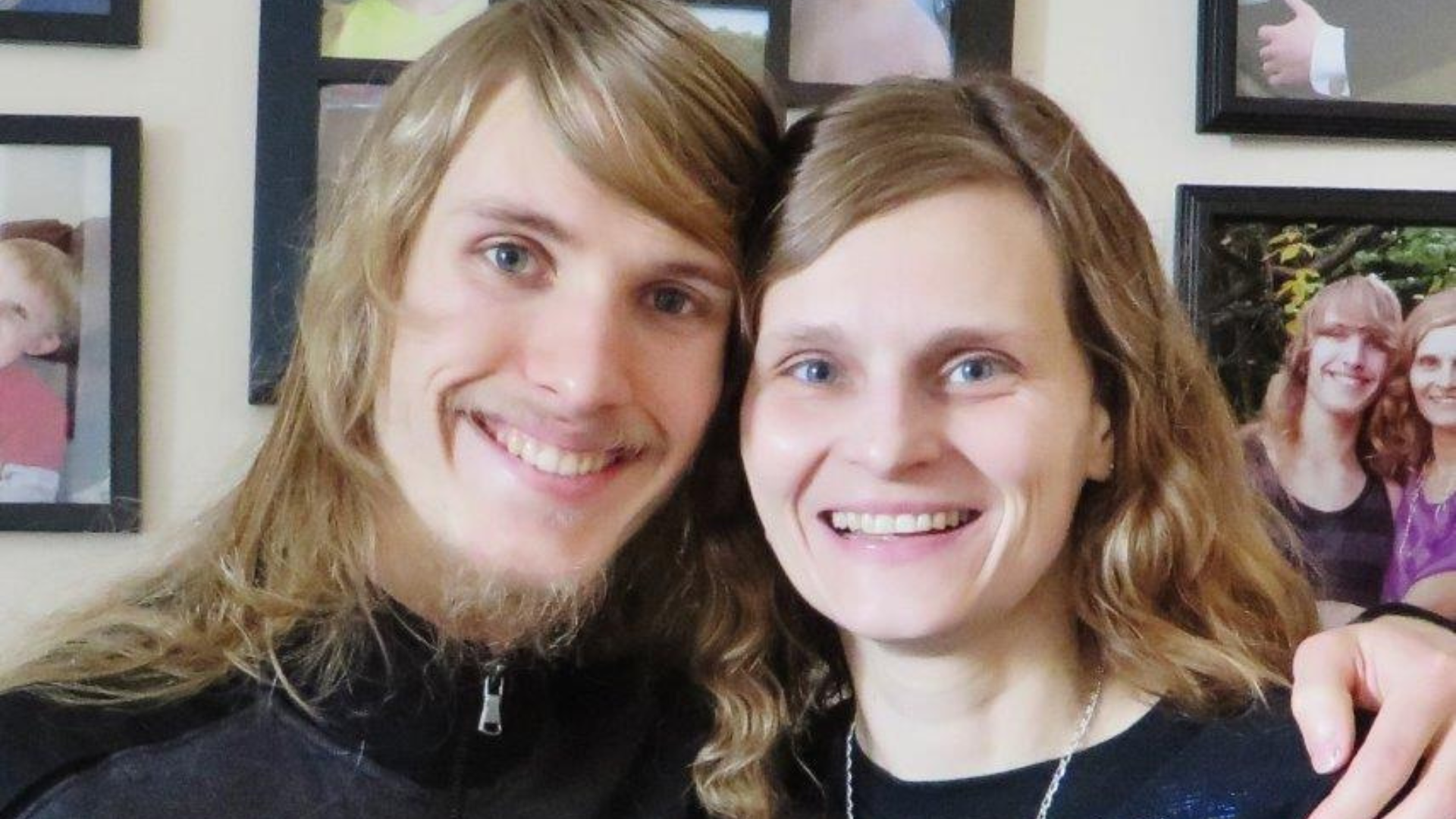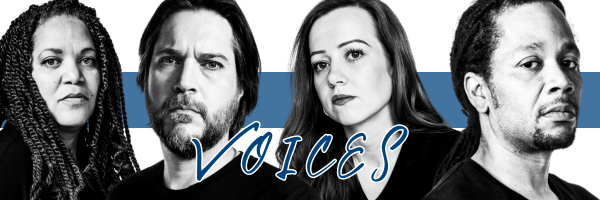
I have the great privilege of helping to facilitate Intact America’s men’s therapy group, which supports those living with the lifelong effects of forced genital cutting. I have worked as a social worker and psychotherapist for more than fifteen years, and being part of a group like this has been a personal and professional hope since the beginning of my career.
Finding Support
I hold deep respect for the men who formed and committed to our first group in 2024 and 2025. Every participant was a victim of routine neonatal circumcision. What became clear through their stories is how deeply men’s voices have been silenced across North America. Men who speak out about the trauma of circumcision often face ridicule, punishment, or even criminalization for objecting to the forced amputation of a part of their bodies. It takes immense courage to speak openly about such a personal violation, and even greater strength to come together with other men seeking healing and support.
Voicing the Pain
One of the most transformative parts of our group involved naming what had been done to them. The word “circumcision” is often framed as a gentle, medical procedure or a sacred ritual tied to belonging. In our discussions, participants used language that reflected their true experiences; terms like medical rape, sexual assault, gender-based violence, and genital mutilation.
Their stories revealed not the popular image of a benign or beneficial surgery, but one of medical and religious betrayal. They described an almost intolerable violation of bodily autonomy and trust.
While the American Academy of Pediatrics and the Canadian Paediatric Society continue to claim there are no psychological harms associated with routine neonatal circumcision, the men in our group told a very different story. They spoke of the grief and horror of waking up each day to a body that had been permanently altered without their consent. They expressed deep feelings of betrayal toward the medical professionals and parents who arranged the procedure. Many described the scar line around the penis as a permanent mark of ownership—an image reminiscent of the branding once inflicted on enslaved people and livestock.
The Canadian Paediatric Society cautions that some parents may be unhappy with the “aesthetic outcome” of circumcision. I often reflect on how profoundly insensitive that framing is. Imagine saying to someone who had been subjected to ritualistic branding, “You may be unhappy with the aesthetic results.” Such language minimizes the magnitude of harm.
Shaping a New Future
Our group did not only discuss trauma. We also talked about resistance and restoration. Many participants shared stories of finding allies who see through the cultural façade surrounding circumcision. Some spoke about reaching out to expectant parents to encourage them to protect their sons from forced genital cutting. Others have begun nonsurgical foreskin restoration as a deeply personal act of reclaiming what was taken from them.
No matter the depth of the trauma, there is always resilience. Hearing these stories of healing and empowerment has been profoundly moving.
Looking Ahead
I am proud to continue contributing to this meaningful initiative led by Intact America. This men’s therapy group is more than a space for processing trauma; it is a declaration of truth. It acknowledges the biological, psychological, and social harm caused by routine neonatal circumcision, while also creating a path toward recovery and resistance.
Routine circumcision persists only because it is a solution looking for a problem. These therapy groups, and the courage of the men who join them, are helping build a counter-solution: one rooted in honesty, empathy, and the right to bodily autonomy.
👉 Learn more: Therapy Program








No Comments